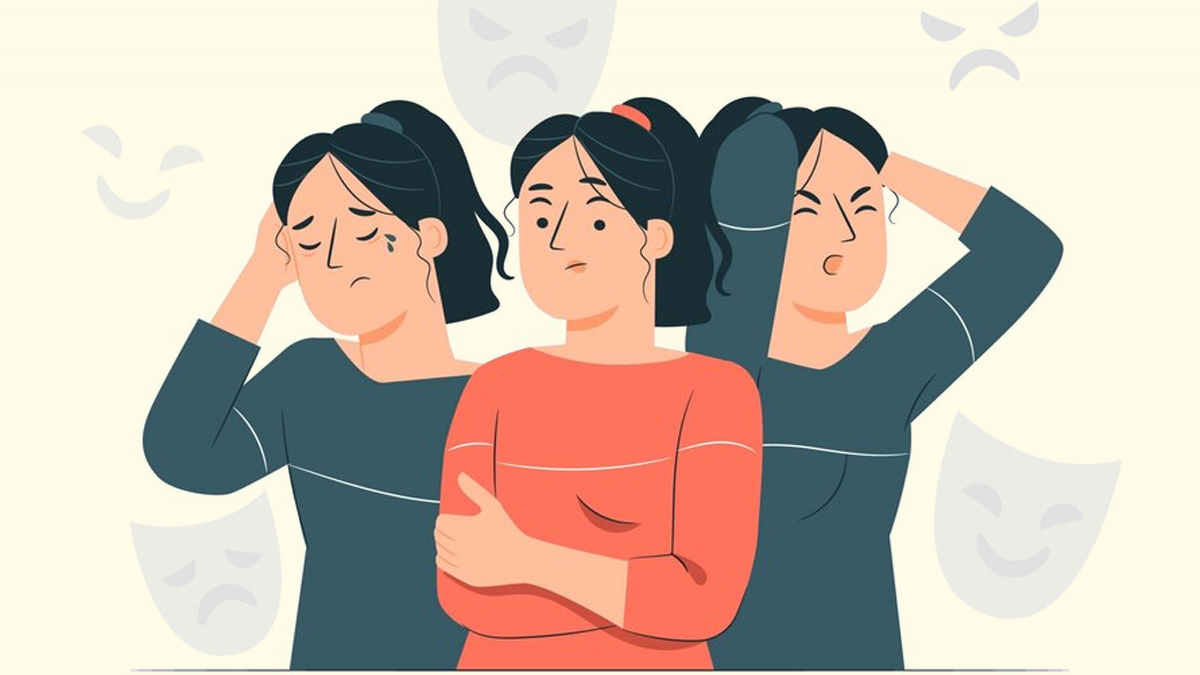
Alan Ritchson, renowned for his roles in hit shows like Smallville and Reacher, has recently unveiled a deeply personal aspect of his life. In a candid interview with the Hollywood Reporter, he bravely shared his struggles with bipolar disorder, shedding light on the challenges and triumphs of navigating mental health issues in the spotlight.
Table of Content:-
Revealing the Darkest Moments
In the interview, Ritchson recounted a harrowing incident from 2019 that brought him face to face with the depths of his struggles. Overwhelmed by a cascade of unfortunate events, he found himself in his attic, contemplating a tragic end. Wrapping a green extension cord around his neck, he made a desperate attempt to escape his pain. In that moment of despair, however, a vision of his future sons intervened, pulling him back from the brink and urging him to seek help.

Acceptance and Diagnosis
It was through this traumatic experience that Ritchson came to terms with his bipolar disorder. Diagnosed at the age of 36, he finally found an explanation for the tumultuous ups and downs that had characterized his life for years. Though initially resistant, he eventually embraced the diagnosis as a source of relief, providing clarity to the chaos that had long consumed him.
Understanding Bipolar Disorder
As per Dr Fabian Almeida, Consultant Psychiatrist, Fortis Hospital, Kalyan, bipolar disorder, formerly known as manic-depressive illness, is a complex mood disorder characterized by drastic shifts in mood, energy levels, and behaviour. Individuals with bipolar disorder may experience manic episodes of heightened euphoria and impulsivity, followed by periods of debilitating depression. These fluctuations can disrupt daily functioning and pose significant challenges to those affected.
Types of Bipolar Disorder
There are several subtypes of bipolar disorder, each presenting its own unique challenges. Bipolar I disorder involves full-blown manic episodes, often accompanied by episodes of severe depression. Bipolar II disorder is characterized by hypomanic episodes, which are less intense than full mania but still disruptive. Cyclothymic disorder entails chronic mood instability, with milder symptoms persisting over an extended period.
Treatment and Management
Managing bipolar disorder requires a comprehensive approach involving psychotherapy, medication, and lifestyle adjustments. Therapy can help individuals develop coping strategies and navigate the complexities of their condition. Medications, such as mood stabilizers and antidepressants, may be prescribed to stabilize mood fluctuations. Additionally, adopting healthy habits like regular exercise and stress management techniques can support long-term stability.
Navigating the Journey
For Ritchson, confronting his bipolar disorder has been a journey marked by both darkness and resilience. By sharing his story, he hopes to break the stigma surrounding mental illness and encourage others to seek help. Through acceptance and perseverance, he has found strength in vulnerability, proving that even in the face of adversity, there is hope for healing and renewal.
Bottomline
Alan Ritchson's courageous decision to open up about his bipolar disorder serves as a powerful reminder of the importance of destigmatizing mental health issues. His journey of self-discovery and acceptance offers hope to countless individuals grappling with similar struggles. As we continue to shed light on the complexities of bipolar disorder, may we strive to create a more compassionate and understanding world for all those affected.
Also watch this video
How we keep this article up to date:
We work with experts and keep a close eye on the latest in health and wellness. Whenever there is a new research or helpful information, we update our articles with accurate and useful advice.
Current Version